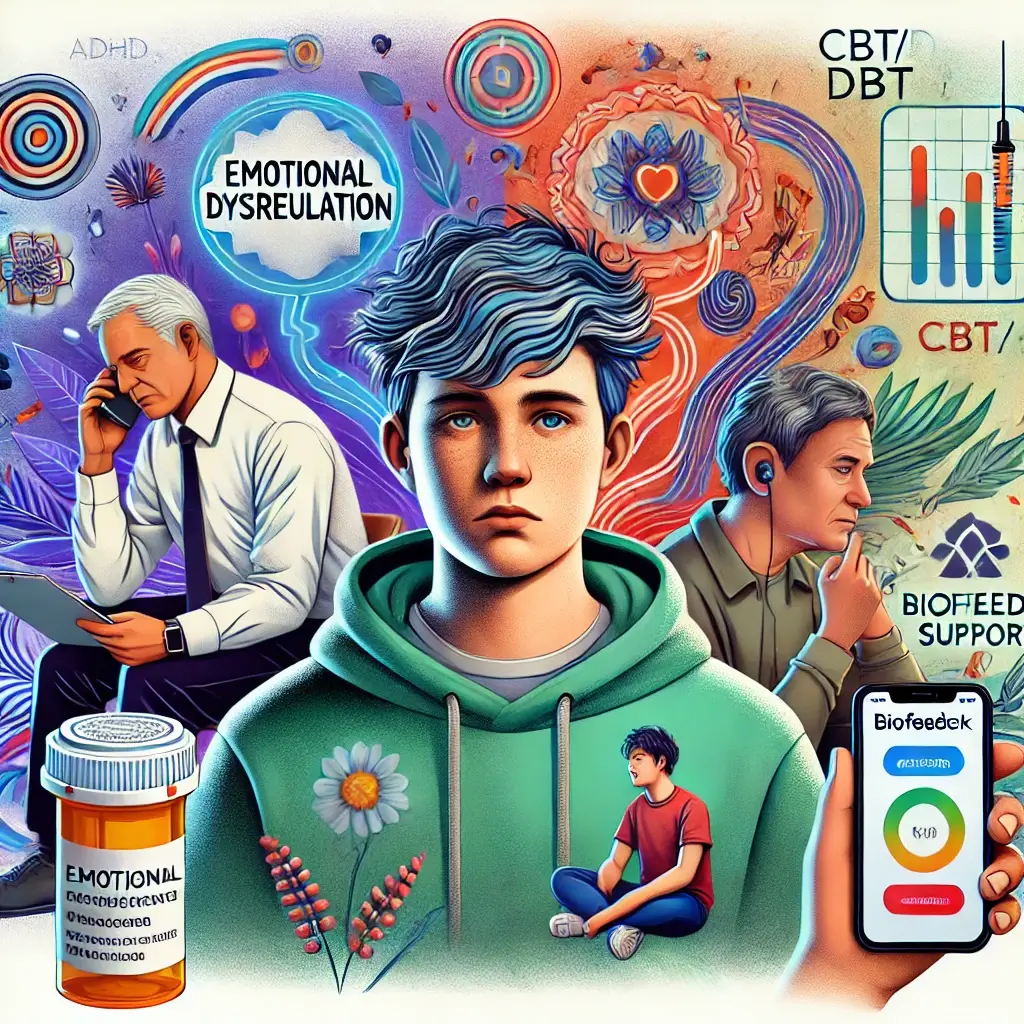Type 2 diabetes in children is a long-term medical disorder that impacts the body’s use of sugar, namely glucose. Your body uses one kind of sugar, glucose, as fuel. Your body converts carbs into glucose when you consume them. After that, glucose enters your circulation and travels to your cells. The pancreas secretes the hormone insulin, which facilitates glucose uptake by cells.
Individuals diagnosed with type 2 diabetes have either insufficient insulin production or impaired insulin-responsive cells. As a result, the blood glucose level rises.
Due to its uncommon occurrence in children, type 2 diabetes was once known as adult-onset diabetes. On the other hand, type 2 diabetes in youngsters has become more prevalent in recent years. This is probably because childhood obesity rates are rising.
Type 2 Diabetes in Children Can Result in Several Health Issues
Heart conditions
a stroke
renal illness
Lack of vision
injury to the nerves
gum disease
Type 2 diabetes cannot be cured, but it may be controlled with medicine, diet, and exercise.
Maintaining blood sugar levels as near to normal as possible is the aim of type 2 diabetes management.
Preventing childhood obesity is the most effective strategy to avoid type 2 diabetes in children. Maintaining a healthy weight, exercising frequently, and adhering to a nutritious diet can help.
Speak with your child’s physician if you have any concerns that they could have type 2 diabetes. They can do a blood test to assess your child’s blood sugar levels.
The following advice can help you manage type 2 diabetes in children:
To maintain good health, consume a diet high in fruits, vegetables, and whole grains. Limiting processed meals and sugary drinks is also crucial.
Engage in regular exercise: Try to get at least 60 minutes each day.
Take your medicine: Make sure your child takes their medication as directed if they require it.
Check blood sugar levels: The doctor will advise you on how frequently to get your child’s blood sugar checked.
See a physician frequently: To ensure the medication is effective, your child’s doctor must routinely check on their condition.
You may assist your child in managing type 2 diabetes and leading a healthy life by adhering to these guidelines.

Dominic E. is a passionate filmmaker navigating the exciting intersection of art and science. By day, he delves into the complexities of the human body as a full-time medical writer, meticulously translating intricate medical concepts into accessible and engaging narratives. By night, he explores the boundless realm of cinematic storytelling, crafting narratives that evoke emotion and challenge perspectives. Film Student and Full-time Medical Writer for ContentVendor.com




